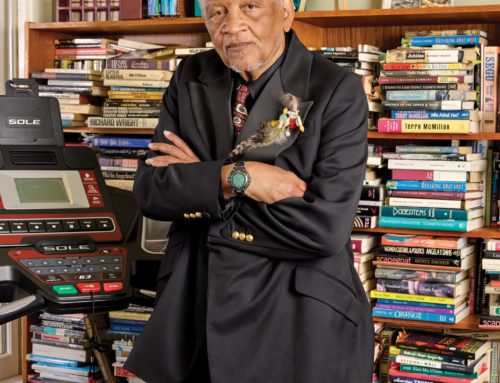Roddy Doyle tells the story of how, when he was a schoolboy, he and his mates would spend whole afternoons quoting Flann O’Brien back and forth at each other – and no other writer. “All poetry could fuck off,” he said. “And everything Irish … But Flann O’Brien wasn’t Irish. Flann O’Brien was Dublin.”
That’s a heartening story about Doyle, and tells us a lot about his writing roots; it also shows an interesting side to O’Brien, and his vexatious relationship to his country. He would often take swipes at the English, but he made sure that the backswing gave the Irish a bit of a clout as well. O’Brien used to get lumped in with Joyce and Beckett, as a sort of unserious alternative, for like them he played games with narrative. But, pace Doyle, he was, in one sense at least, more Irish than either of them, having been fluent in Gaelic before it was popular or profitable to be so (if I may borrow an O’Brienian catchphrase). He had learned, from the cradle, both the Ulster and the more “classical” version, but he took care, even when writing in it, to take the mickey out of government encouragement for the reintroduction of the language. He died distressingly young, at 55, in 1966; it would have been nice to have seen him railing for a few more years.


